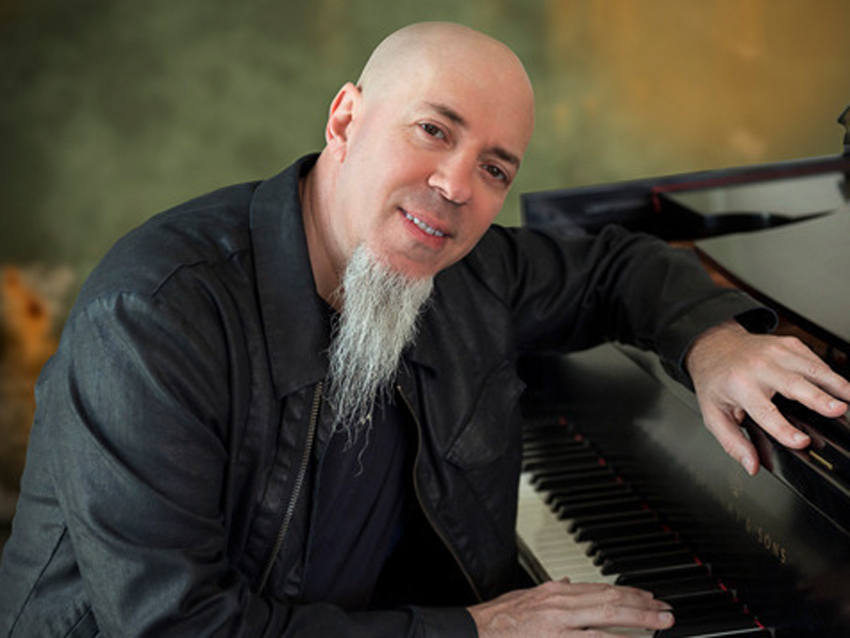
Dream Theater's Jordan Rudess: my top 5 not-so-guilty pleasures of all time
“It's easy to form misperceptions about musicians," says Dream Theater keyboard titan Jordan Rudess. "Some people who know my career might think, ‘Oh, he’s a prog-metal artist.’ They hear the chops and the crazy leads, and they assume that it starts and ends there. But that’s never been the case with me; I listen to so many different styles of music, and I draw inspiration from all kinds of artists."
Throughout his early childhood, Rudess' world was dominated by classical music (at the age of nine he began studying at Julliard). By the time he reached his teens, he had started listening to The Beatles, who proved to be a gateway drug to discovering more progressive bands and, eventually, electronic music. "From a young age, I never really drew the line between what I should or shouldn't listen to," he says. "My mind has always been very open to all kinds of music."
On stage, Rudess is no shrinking violet – he attacks his keyboards with the same kind of manic intensity as his boyhood heroes, Keith Emerson and Rick Wakeman. When it comes to his own offstage listening habits, however, he sometimes goes for the softer, gentler sounds of acoustic-based singer-songwriters.
"This might surprise people, but I’ve always loved music that is very peaceful and soothing," Rudess admits. "Actually, what I like about a lot of the classic singer-songwriters is, their music gets right to the point: The chords are simple, the melodies are strong. The personality of the artist really comes through because the vibe and the emotions are very direct, which can make the music feel very personal."
On the following pages, Rudess runs down his five favorite not-so-guilty pleasures, everything from the mellow country rock of Neil Young's Harvest to the blues-boogie radio jams found on The Edgar Winter Group's They Only Come Out At Night. "In whatever genre you want, there's so much great stuff to be found out there," Rudess says. "For me, it does come down to that thing: 'If you like it, it's good music.' Sometimes things are really just that simple."
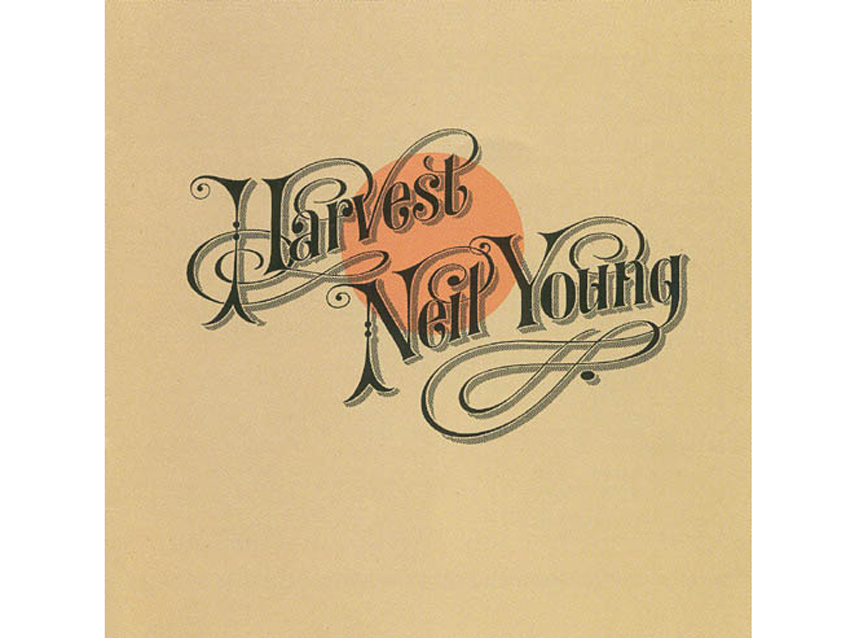
Neil Young - Harvest (1972)
“This album has had a big influence on me. I love it so much. There’s something about the sound of Neil Young’s voice that is so personal. It’s almost as if he’s sitting on your porch and singing right to you. The simple purity of the songs and the way he sings – you can’t help but be drawn right in.
“I’ve played this album a lot, just putting it on ‘repeat’ and listening to it over and over. I actually learned to how to play some of the songs on the piano, and years ago, back when I was supporting myself playing in piano bars, I’d slip in some Neil Young – I’d do Heart Of Gold or Old Man or even the title track.
“Harvest is a beautiful album. It transports you to this really special place that’s also kind of haunting.”
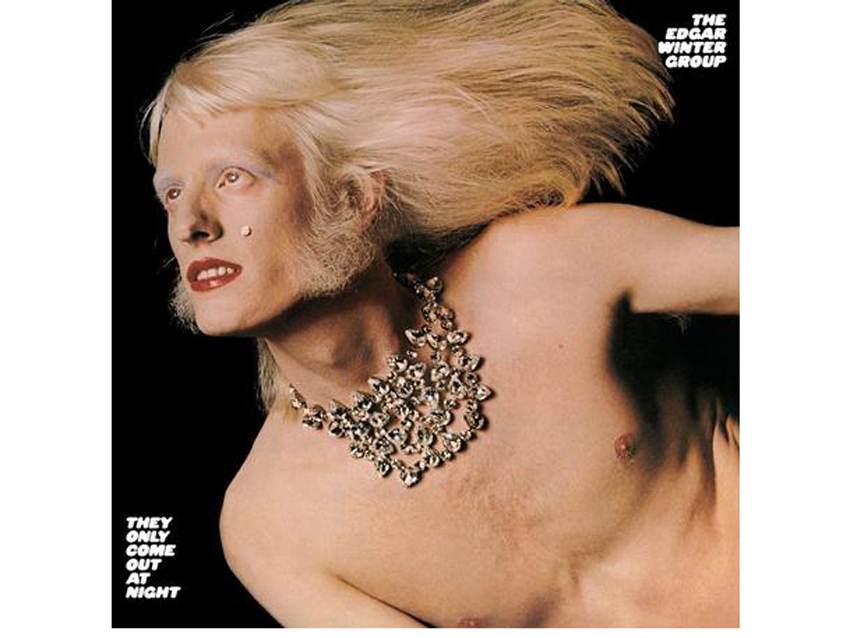
The Edgar Winter Group - They Only Come Out At Night (1972)
“This might not be totally unexpected because Edgar plays the keyboards, but I actually like this album because it has one of the best driving songs of all time. It’s called Hangin’ Around, and it’s just great. I used to love crankin’ it in my car. It’s totally made for cruising.
“Edgar Winter is so incredibly talented. He sings, he plays keyboards, he’s an incredible sax player – the man just reeks of talent. This album might be his best, and it’s one that's always kind of stayed with me. Everything about it is killer.
“Free Ride is another great car-driving song, and of course, it was a big hit – as was Frankenstein, which everybody knows. But Hangin’ Around is still my favorite.”
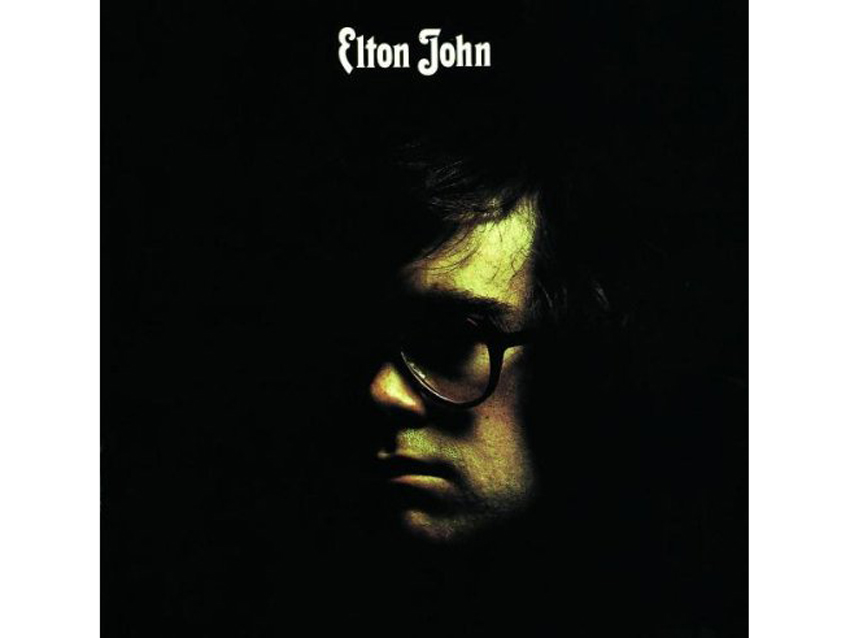
Elton John - Elton John (1970)
“A classic album. Elton John’s style was so important to me, being that I’ve always liked melodic music, and of course, I just love his piano playing. Your Song might be one of the most-played piano songs ever. I know when I sit down at a piano, people will say, ‘Hey, can you play Your Song?’
“I probably don’t talk about Elton John a lot, but he’s always been a huge influence on me. His sound, his phrasing, his incredible melodic sense, his personality – he has his own sound and style. That can be a very tricky thing for a keyboard player as opposed to, say, guitar players.
“The debut album is full of great pop songs – no surprise there – but they’re much more intimate than some of the material that came later. Border Song is fantastic. I used to play that one, and I even sang it, too, although I would do it in a lower register than Elton.”
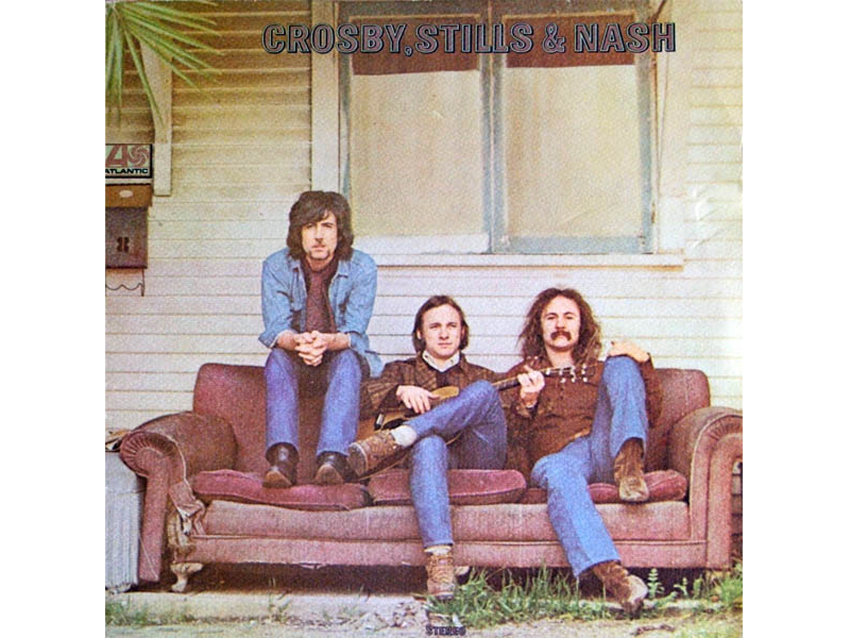
Crosby, Stills & Nash - Crosby, Stills & Nash (1969)
“How can anybody not love this album? It’s gorgeous from start to finish. Anytime it comes on the radio or when I’m shuffling through iTunes, I’m like, ‘Yes!’ Every song on it just hits you in such a special way.
“I can often hear the Crosby, Stills & Nash influence in other people’s music. Take my buddy Steven Wilson, for example: He might have little harmonies that move around just so, or sometimes there will be a guitar tone or a way that the guitars are being played – I’ll hear these things and think, ‘That’s a CSN vibe right there.’ I love that, and it’s not what you might expect from a guy like Steven, who’s so experimental and progressive. Every time I hear that, I think, ‘I should do that, too. I should put a little more Crosby, Stills & Nash in my music.’
“Vocally and musically, CSN really pioneered a sound with this record, and the writing is fantastic. Wooden Ships, Marrakesh Express, Guinnevere – it’s totally brilliant.”
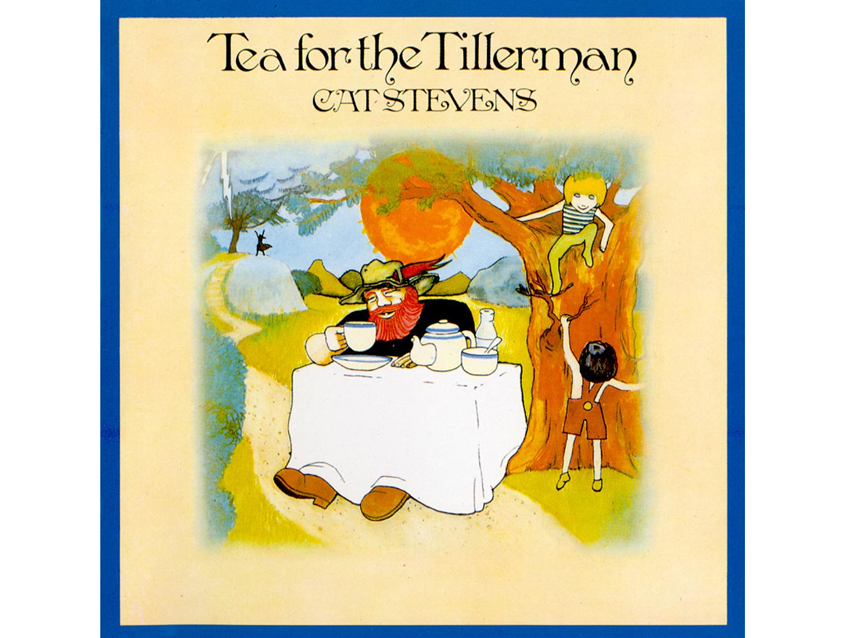
Cat Stevens - Tea For The Tillerman (1970)
“This is the album with Wild World, which is another song that I would play on the piano. You have certain cuts that are always kind of in your repertoire, never to be forgotten – Wild World is one of those. It’s so rootsy and down to earth, very much in the James Taylor/Carol King school of personal songwriting.
“Tea For The Tillerman is a very peaceful album, very quiet and pretty. I’ve always loved Cat Stevens’ voice. It’s very similar to mine – deep and dark, with a little bit of a rasp. That made it easy for me to sit and play his songs, and I could really get into their spirit because I wouldn’t have to strain to hit the notes.”
Joe is a freelance journalist who has, over the past few decades, interviewed hundreds of guitarists for Guitar World, Guitar Player, MusicRadar and Classic Rock. He is also a former editor of Guitar World, contributing writer for Guitar Aficionado and VP of A&R for Island Records. He’s an enthusiastic guitarist, but he’s nowhere near the likes of the people he interviews. Surprisingly, his skills are more suited to the drums. If you need a drummer for your Beatles tribute band, look him up.
